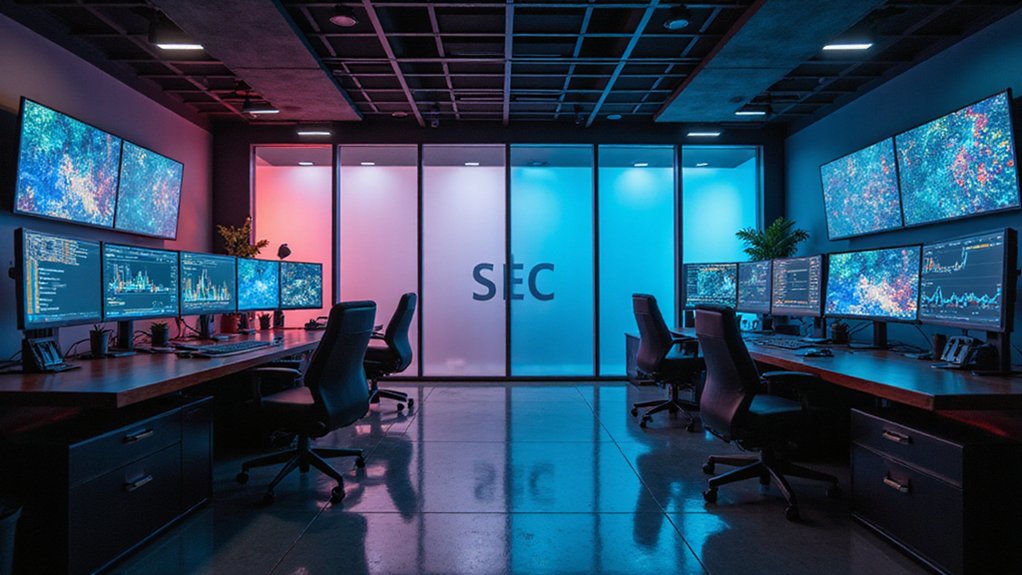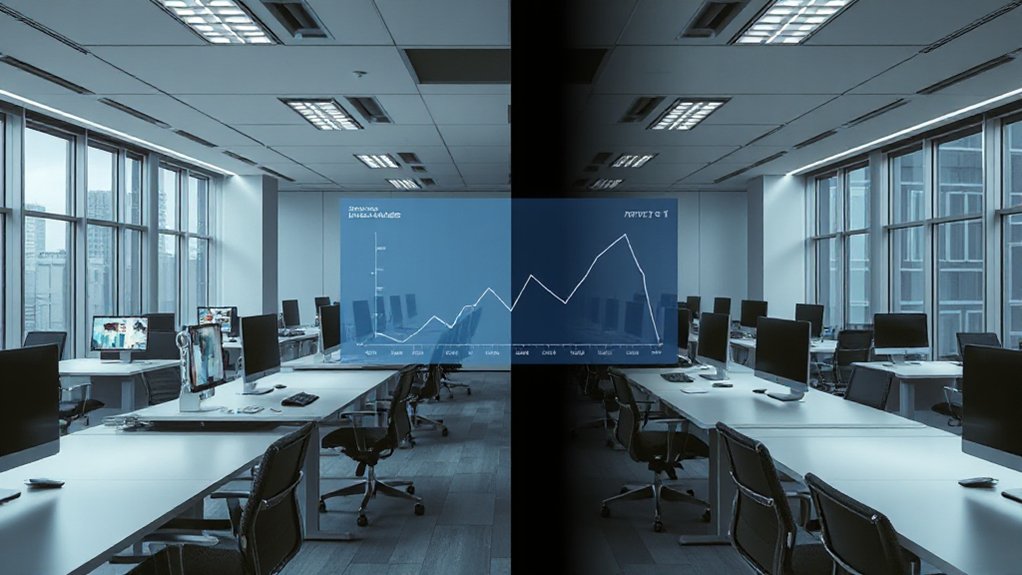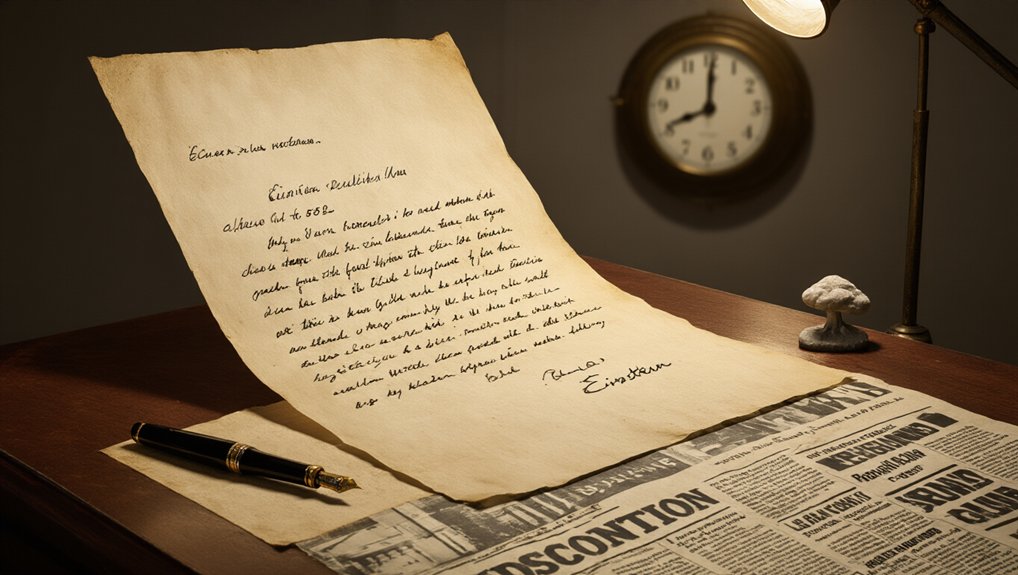When did machines start winning the trust game? Maybe it was when AI systems jumped 67.3 percentage points on programming benchmarks in a single year. Or perhaps when Waymo robotaxis started ferrying 150,000 passengers weekly without killing anyone. The numbers don’t lie, even if humans want to.
Stanford’s 2025 AI Index paints a picture that’s hard to ignore. AI crushed humans in timed programming tasks. Performance metrics shot up across the board: 18.8 points on MMMU, 48.9 on GPQA. That’s not gradual improvement. That’s a rocket launch.
AI crushed humans in timed programming tasks, jumping 67.3 percentage points in one year
Meanwhile, the FDA approved 223 AI medical devices in 2023, up from a measly six in 2015. Doctors better watch their backs.
Corporate America’s buying in hard. Eighty-three percent of companies now prioritize AI in their business plans. Amazon’s Q Developer has emerged as a powerful AI coding assistant that can generate entire projects with minimal human input. Netflix pulls in a cool billion annually just from AI recommendations. Apparently, algorithms know what viewers want better than viewers themselves.
The US AI market hit $73.98 billion this year, growing at 26.95% annually. That’s not speculation anymore. That’s cold, hard cash betting against human expertise.
The employment picture gets weird. Ninety-seven million people work in AI globally, while 84% of international employees are scrambling to learn AI skills. It’s like watching people train their own replacements. The irony’s thick enough to cut with a knife.
Experts themselves seem confused about their own relevance. Seventy-three percent of AI specialists expect positive work impacts over twenty years. Cautious optimism, they call it. Translation: they’re hoping the machines remember who created them when judgment day arrives.
The trust crisis isn’t coming. It’s here. AI-generated content competes with human creativity. Diagnostic systems outperform doctors. Autonomous vehicles outmaneuver human drivers. Each success story chips away at the foundation of human expertise.
Society’s caught between marvel and horror. High-profile AI wins generate headlines. Failures spark debates. But the trend line points one direction: up for machines, sideways for humans. The question isn’t whether AI will surpass human knowledge. It’s whether anyone will care when it does. Yet employees report using AI for daily tasks three times more than their bosses realize, creating a blind spot that could reshape entire industries before leadership catches on.
The recognition parade started rolling in 2024 when AI researchers snagged two Nobel Prizes for deep learning and protein folding breakthroughs.
References
- https://hai.stanford.edu/ai-index/2025-ai-index-report
- https://www.mckinsey.com/capabilities/mckinsey-digital/our-insights/superagency-in-the-workplace-empowering-people-to-unlock-ais-full-potential-at-work
- https://www.pewresearch.org/internet/2025/04/03/how-the-us-public-and-ai-experts-view-artificial-intelligence/
- https://hai-production.s3.amazonaws.com/files/hai_ai_index_report_2025.pdf
- https://explodingtopics.com/blog/ai-statistics









